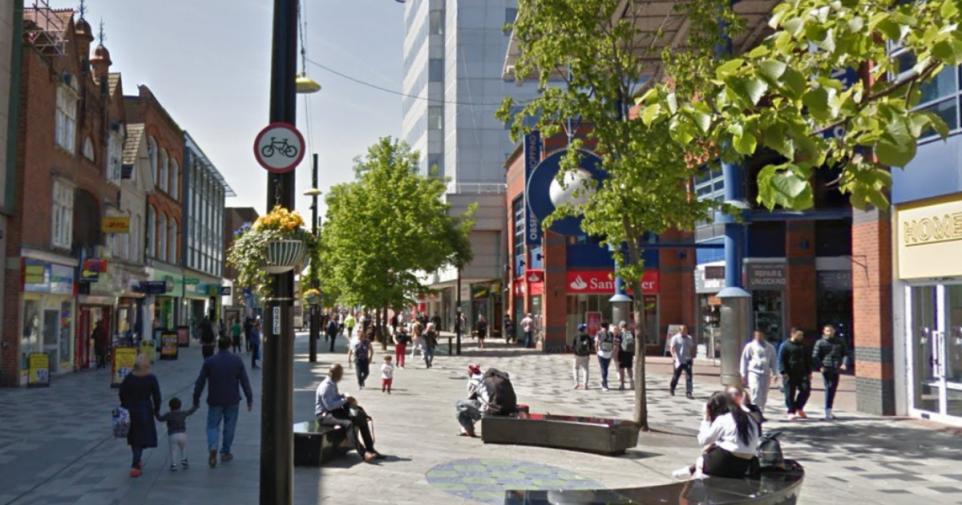From artisanal crepes to rebellious cheesecake waffles, Reading's breakfast rebels are transforming morning meals. These seven spots will revolutionize how you start your day.
The community of Slough is marking a significant transformation with the enforcement of a borough-wide public drinking ban. This regulation, which came into effect on Friday, July 5, aims to address public safety concerns and enhance the quality of life for residents. As the effects of this new policy begin to unfold, we take a closer look at what this means for Slough and its inhabitants.
Public Drinking Ban to Improve Community Wellbeing
In an ambitious move to curtail public disturbances and elevate communal wellbeing, Slough Borough Council has implemented a comprehensive public drinking ban. This legislative action, effective from Friday, July 5, seeks to mitigate the negative impacts associated with public alcohol consumption, including anti-social behavior, littering, and increased strain on public services.
Concerns from Residents
The decision to instate a public drinking ban was driven by mounting concerns from residents and law enforcement alike. Slough, like many urban areas, has faced challenges related to alcohol consumption in public spaces, which often escalates into broader social issues. By prohibiting drinking in public areas, local authorities aim to create a safer and more pleasant environment for all.
The Scope of the Ban

Source: https://www.sloughobserver.co.uk/news/24438730.slough-public-drinking-ban-now-place-across-borough/
The prohibition applies to all public spaces across the borough, encompassing parks, streets, and other communal areas. Signage has been installed to inform both residents and visitors of the new regulations. Additionally, increased patrols by police and community safety officers will ensure compliance and provide support where necessary.
Reactions and Implications
Community response to the ban has been mixed. Many residents have expressed relief, citing a reduction in public disturbances and cleaner public spaces as immediate benefits. However, some have raised concerns about the potential impact on individuals who rely on public spaces as social venues, particularly those from vulnerable groups.
Local businesses, particularly those in the hospitality sector, are also adapting to the changes. While some foresee a positive outcome due to an increased focus on indoor establishments, others worry about a potential dip in patronage during outdoor events.
Enforcement and Penalties
To ensure adherence to the ban, Slough Borough Council has outlined clear penalties for violations. Individuals found consuming alcohol in prohibited areas may face fines or other legal repercussions. Enforcement efforts will be balanced with outreach programs aimed at educating the public about the new rules and supporting those impacted by the changes.
Future Prospects
As Slough moves forward with the public drinking ban, continuous monitoring will be essential to assess its effectiveness and make necessary adjustments. The council has committed to reviewing the policy regularly, taking into account feedback from the community and law enforcement statistics. This adaptive approach aims to ensure that the ban successfully contributes to a safer, more harmonious public realm.
In conclusion, the new public drinking ban represents a significant shift in Slough’s approach to managing public spaces. As the borough navigates this transition, the focus remains on fostering a safe, welcoming community for all residents and visitors. The coming months will be critical in determining the long-term success of this initiative and its role in shaping the future of Slough.